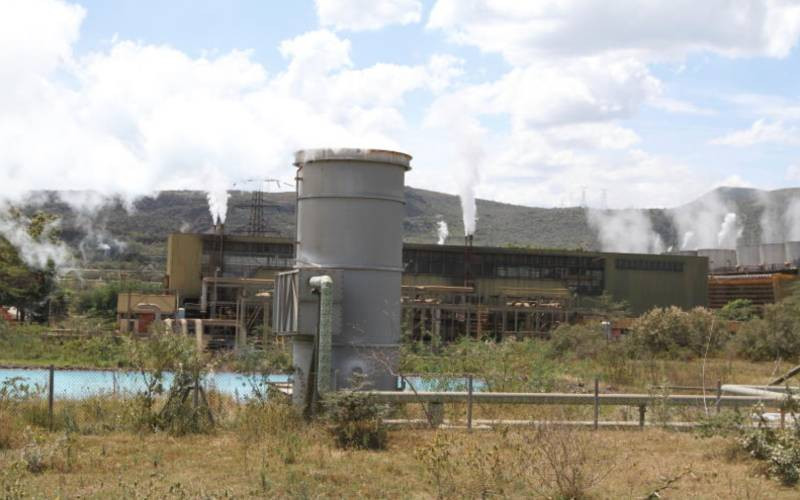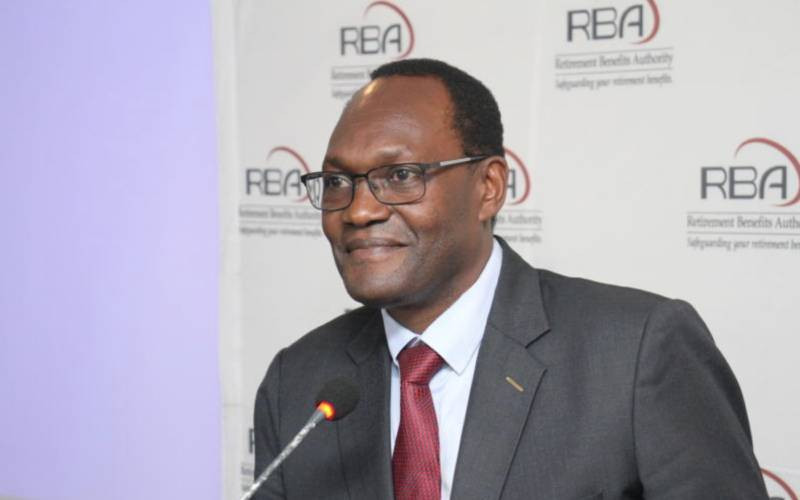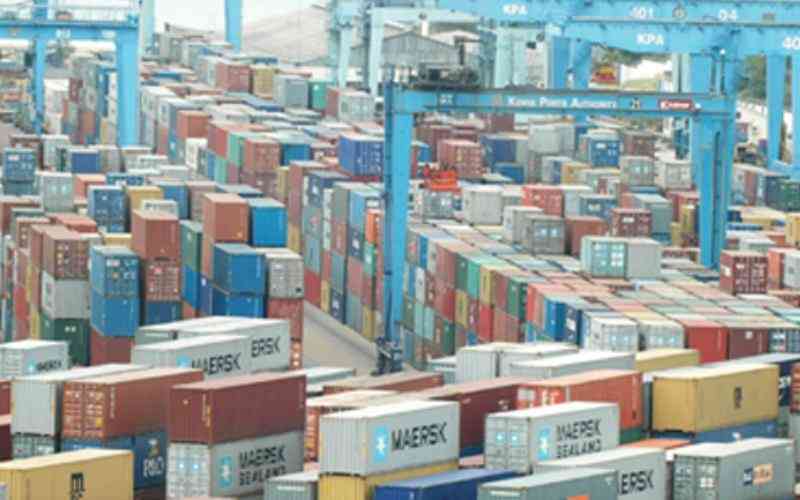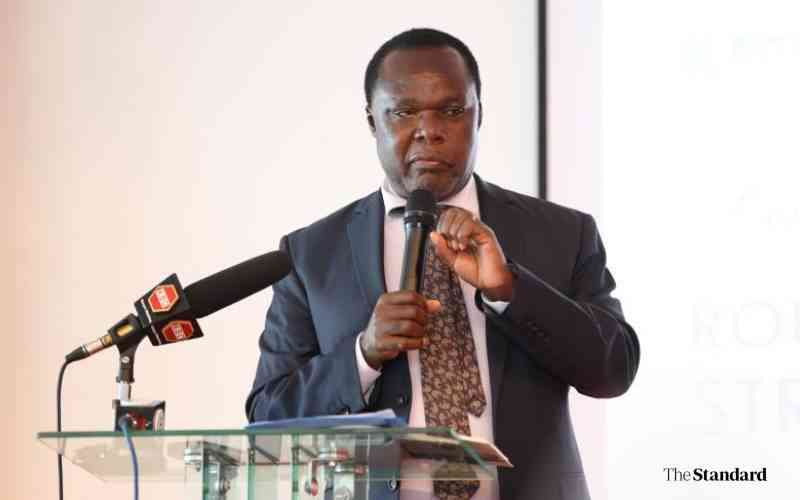
Last week, the 53rd World Economic Forum (WEF) took place in the snow-filled city of Davos, Switzerland. This year's forum attracted the largest number of delegates comprising corporate and political leaders, economists, scholars, civil society and A-class artists.
With the theme, "Cooperation in a Fragmented World", the forum concluded without attracting any meaningful local media attention. Yet, according to an article posted by the consulting giant McKinsey, the five key take-home action points have weighty policy implications for the domestic economy.







